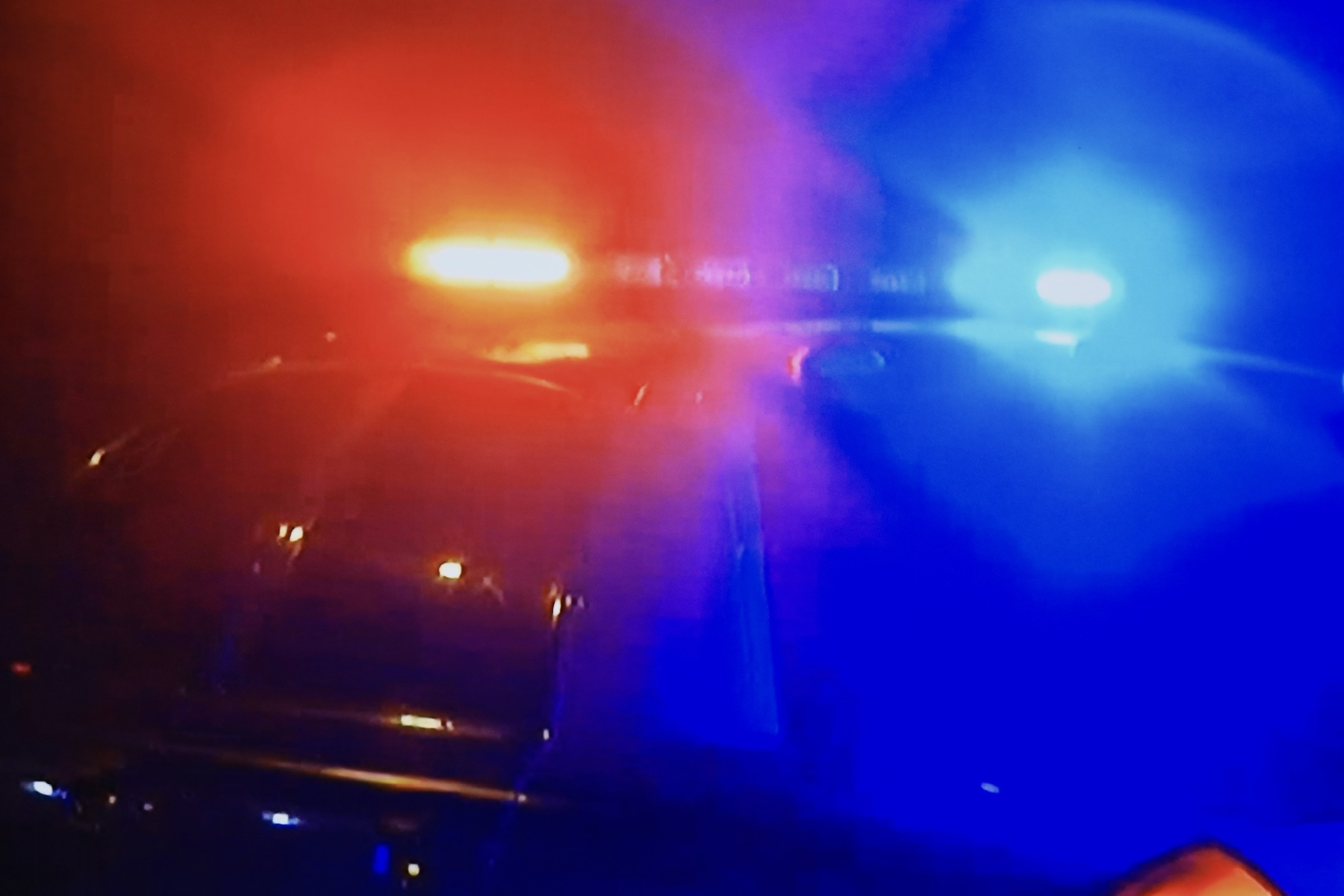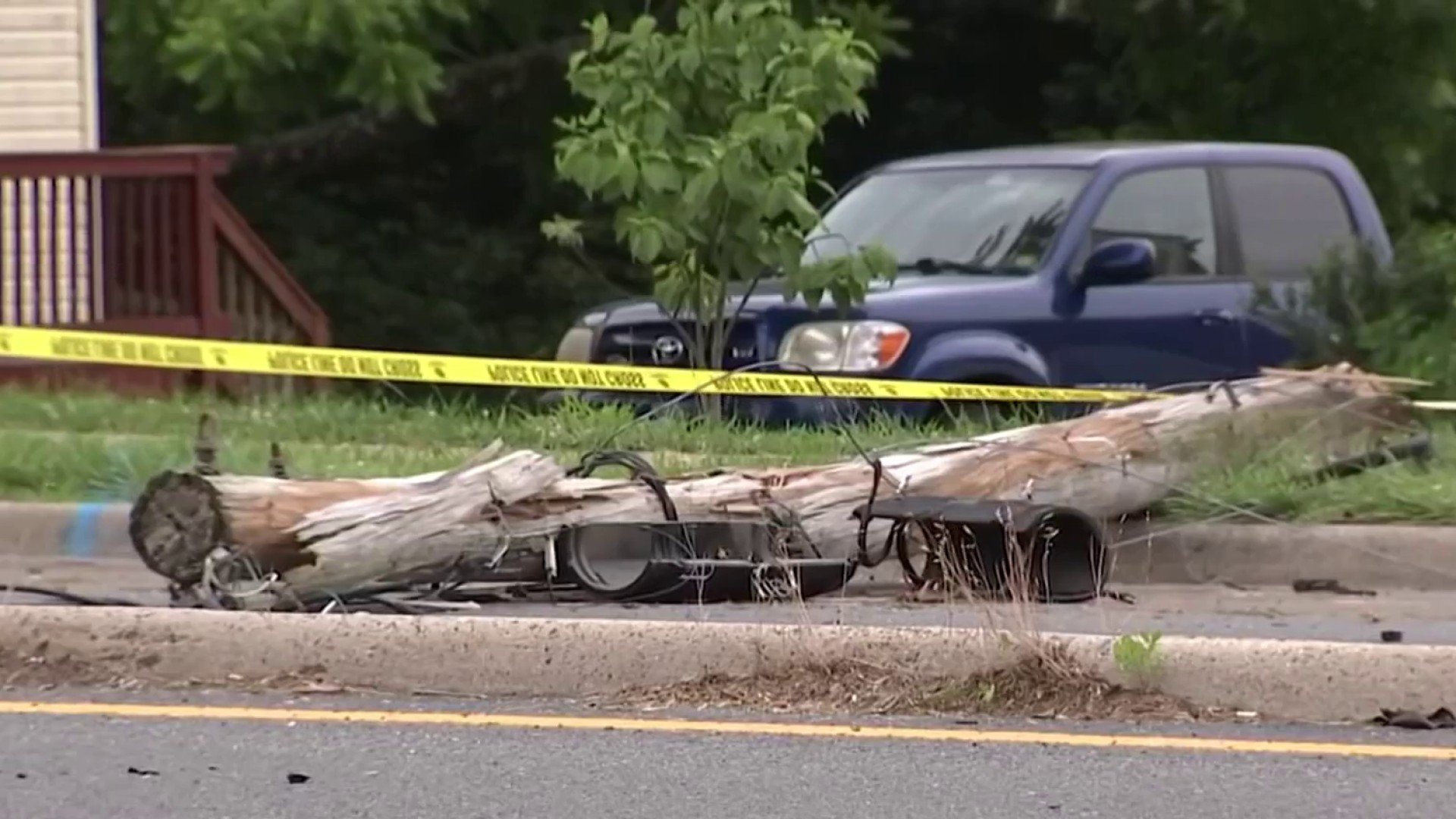As students across the capital region return to the classroom this month, News4 asked teachers from several school districts, academic subjects and grade levels to assess what their students missed out on most during virtual school and how they will begin to make up those losses.
Most said they plan to spend the first few weeks of the school year by assessing the academic level of each student. They said that's something they do every year, but they know those assessments will be even more critical now, and some worry the gaps they find between students may be larger.
"Our biggest fear is that there's going to be a student going to the next level who's not ready for it," said Ilana Hand, a high school teacher in Fairfax County, Virginia.
Hand has been teaching math for 32 years and says since the skills build on what students learned the year before, she'll give ungraded diagnostic tests to identify what she needs to review before moving on.
We're making it easier for you to find stories that matter with our new newsletter — The 4Front. Sign up here and get news that is important for you to your inbox.
Hand said it's far easier to tell in person when students understand a concept or if they need more time and explanation.
"I think that's a huge thing you learn as a teacher is how to read the room," Hand said.
She said virtual tutoring could certainly be helpful for students who need extra help going forward, but for daily learning, it allows too many unknowns. Teachers worried the online school setting allowed students to rely on technology to do their math work for them.
Local
Washington, D.C., Maryland and Virginia local news, events and information
"There are math apps where students can plug in a problem, and not only will the app solve the problem, it will also show work for the problem," Hand said, adding that she and her colleagues typically required students to show how they arrived at an answer.
Hand said apps can be utilized as an extra learning tool for student who are struggling, but it was impossible to know if students were using them during tests.
"Because I couldn't see them, they weren't on screen, I really just had to hope that they were doing things, you know, as they should," Hand said.
English teacher Mike Barrs agreed the thing he most wants to see this school year is his students' faces after more than a year of teaching to blank screens.
"A few students would turn on the cameras, most did not. We could not require that they turned them on," said Barrs.
He said, in that virtual setting, his seniors at Robinson Secondary School missed out on one of the best parts of his class: learning to have meaningful conversations, and debates, about heavy literary topics.
"Did they interact the way that they will in a collegiate environment? No, we did not do that," Barrs said.
Barrs and his colleagues have already met with his incoming students' teachers from last year to assess where they currently are and what they need.
"I hate the term learning loss, because these kids have learned so much and have thrived in an environment where we never had to," said Grace Lovelace Guishard, who teaches at Brown Station Elementary in Montgomery County, Maryland.
Lovelace Guishard teaches second grade in English and Spanish and said children being able to speak with classmates their own age is particularly important in developing bilingual language skills.
Lovelace Guishard said there have always been gaps between students; the key this year will be for teachers to manage their own expectations.
"What I used to know, what I used to expect, should not be the expectation now," Lovelace Guishard said.
She's also planning to celebrate the technological gains her young students made during virtual learning last year.
"I have second graders who can go into a breakout room, manage 18 of their peers and come out with a slides presentation with GIFs and pictures and things that I had no idea they could do. They are amazing," Lovelace Guishard said.
Lovelace Guishard said the elementary-age students were more likely to keep their cameras on during virtual learning, which helped them engage better. But, she added, they did miss out on the socialization that is critical for their development. She plans to assess that along with the academics for her new students.
"One of my biggest jobs is going to be facilitating those relationships between the children," Lovelace Guishard said.
Lamar Bethea also plans to focus on relationships between the students and the teachers at Statesmen College Preparatory Academy for Boys in Washington, D.C.
He said it's those relationships that helped drive most of his sixth-graders last year to show up on camera, and in uniform, even while learning at home.
"Even though we did have losses, we did have some gains for a lot of our students simply because of consistency," said Bethea.
The public charter school plans to increase supplemental learning programs like its schoolwide “power hour” at the end of each day. That allows teachers to work with small groups of students to build critical skills.
Bethea has taught many of his now-seventh-graders for the past three years. He said those relationships will be critical, particularly in helping students who suffered the loss a loved one to COVID-19.
"No one on Earth was prepared for this, especially not the children," said Bethea. "So, it's going to take time and we're going to have to put in the effort to make relationships with them so they feel comfortable telling us how they feel."
Statesmen also has a special mental health program for teachers, which Bethea said he never even knew he needed until it began helping him deal with his own life. He said that translated into being able to better help his students as well.
"Uncertainty is a source of fear. It's a source of anxiety. But it's also a challenge that we look forward to," Bethea said.
With COVID-19 now surging again, the teachers believe maintaining in-person learning is one of the biggest uncertainties. They all hope to avoid going back to the hybrid learning many districts used toward the end of last year. Many were forced to teach students in person in their classrooms and virtually on a computer at the same time. Each said they are more than ready to focus solely on the students in front of them now.



